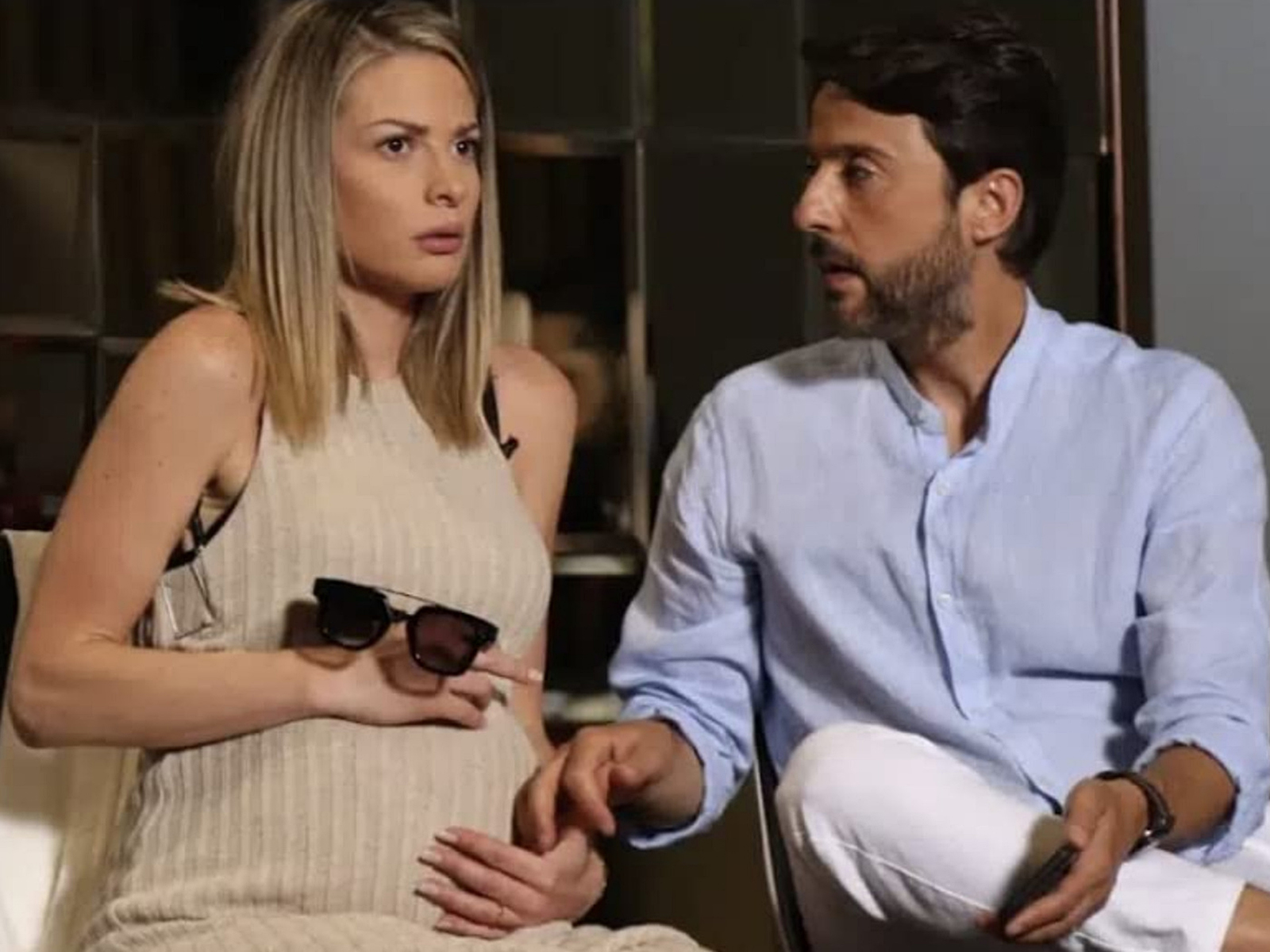
- Golden Globe Awards
C-Section (Lebanon)
Something of an Italian comedy Lebanese-style, C-Section is a screwball and endearing feel-good movie from Lebanon. Directed by 28-year-old David Oryan, it plays almost entirely inside an upscale clinic in Beirut. An affluent married couple, Carl, played by Chadi Haddad, and his pregnant wife Ray, played by Pamela El Kik, arrive at the private Capital Boutique Hospital, where they’re treated as VIPs by the staff.
Carl is a real-estate developer and investor with family connections within the Parliament. Ray is scheduled to deliver her baby by C-section. After a few minutes another couple, Sonia (Rola Beksmati), and her brother Sabeh (Ramy Atallah) frantically arrive at the same hospital: Sonia’s water has broken, she’s in full labor and close to delivery. There’s only one problem: they don’t have medical insurance, social security, nor deposit money to be admitted to the maternal ward for the birth. Following arguments and yelling, Sonia’s husband, Masaad (Ammar Shalak) barges into the lobby screaming, outraged by the clinic’s lack of compassion. The dispute is resolved with a gentleman’s agreement between Massaad and the hospital’s manager Vahe, played by Gabriel Yammine. Carl and Ray become familiar with the troubles of Sonia and Masaad and end up helping them. The initial culture clash finds its denouement in a very sweet, happy ending.
The screenplay was written by Doris Saba and Isaac Fahed. The film is in Arabic language with some French. It was co-produced by Isaac Fahed and Sam Lahoud, with cinematography by Hasan Salame, editing by Yousif Salame, and music by Emile Aouad.
“The story is centered on two couples from extremely different social and financial backgrounds,” says director David Oryan (And Action, 2017), who debuted behind the camera in 2014 with the TV series Wajaa El Routh. “They coincidentally meet in the same hospital’s maternity room after delivery, where the rising actions goes completely out of control, second by second. To me C-Section is a microcosmic portrayal of modern Lebanon, a melting-pot of ethnic, religious and cultural elements, and economically very divided.
“There are other story lines too, such as the plight of Ray, whose parents rejected her because she’s a Druze married to a Christian, a strong taboo in some traditional contexts. Everything in C-Section finds its resolution. Brotherhood and sisterhood triumph at the end, thanks to newborn babies, coming from the bellies of mother’s oblivious to any social or personal differences,” he said.

